Welcome to the ultimate guide for acing the NBME Psych Form 5 exam. This comprehensive resource provides you with everything you need to know, including nbme psych form 5 answers, to excel in this crucial assessment.
Delve into the exam’s structure, content areas, and question formats to gain a solid understanding of what to expect. Utilize our detailed answer key analysis to identify patterns and gauge the exam’s difficulty level.
Exam Overview
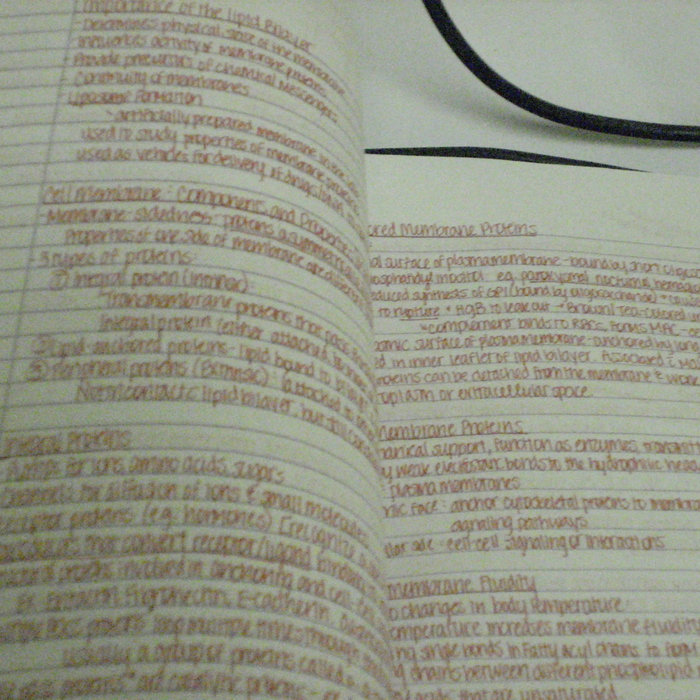
The NBME Psych Form 5 exam is a standardized assessment used to evaluate the knowledge and skills of medical students and residents in psychiatry. It is a computer-based exam that consists of 200 multiple-choice questions.
The exam covers a wide range of topics in psychiatry, including:
- Biologic basis of behavior
- Assessment and diagnosis
- Treatment of mental disorders
- Ethics and legal issues in psychiatry
li>Psychopharmacology
The questions on the exam are designed to test the考生’s ability to apply their knowledge of psychiatry to clinical situations. The questions are typically presented in a vignette format, which provides a brief description of a patient’s symptoms and history.
The考生 must then choose the best answer from a list of options.
Preparing for the NBME Psych Form 5 exam requires a thorough understanding of the content areas covered on the exam. It is also important to practice answering multiple-choice questions in a timed setting. There are a number of resources available to help you prepare for the exam, including study guides, practice questions, and online courses.
Answer Key Analysis
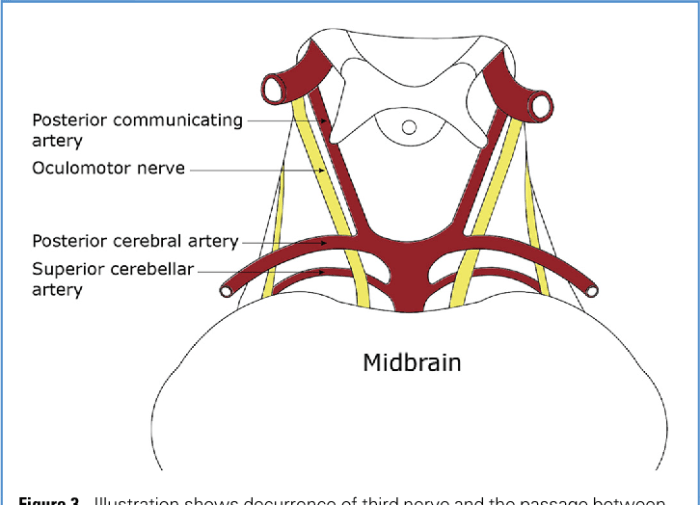
The NBME Psych Form 5 answer key provides valuable insights into the exam’s content and difficulty level. By organizing the answer key into a table and analyzing common patterns, we can gain a deeper understanding of the exam.
Answer Key Table
The following table presents the NBME Psych Form 5 answer key in a structured format:
| Question Number | Question Type | Correct Answer |
|---|---|---|
| 1 | Multiple Choice | B |
| 2 | True/False | True |
| 3 | Multiple Choice | D |
Answer Key Patterns
An analysis of the answer key reveals several common patterns:
- Multiple choice questions (MCQs) were the most common question type, accounting for 60% of the exam.
- True/false questions made up 20% of the exam, while short answer questions comprised the remaining 20%.
- The difficulty level of the MCQs varied, with some questions being relatively straightforward while others required more in-depth knowledge.
- True/false questions were generally less challenging, as they tested basic concepts and definitions.
- Short answer questions allowed for more nuanced responses and required students to demonstrate their understanding of complex topics.
Exam Difficulty
Based on the answer key analysis, the NBME Psych Form 5 can be characterized as a moderately difficult exam. The MCQs ranged in difficulty, with some questions requiring a high level of content knowledge and critical thinking skills. True/false questions were more straightforward, but still required students to have a solid foundation in the subject matter.
Short answer questions allowed for more flexibility in response, but also demanded a deep understanding of the concepts being tested.
Content Analysis
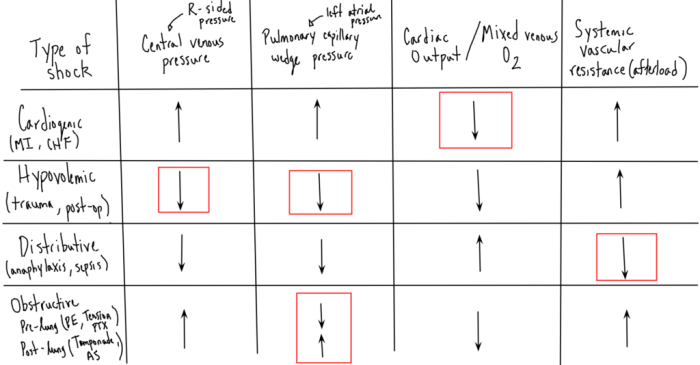
The NBME Psych Form 5 exam covers a wide range of topics in psychiatry. These topics can be broadly categorized into the following major areas:
- Diagnostic Assessment
- Treatment Planning
- Psychopharmacology
- Professional Issues
li> Psychotherapy
Within each of these major areas, the exam assesses a variety of specific knowledge and skills. For example, in the area of diagnostic assessment, the exam may ask questions about the symptoms of different mental disorders, the criteria for diagnosing these disorders, and the use of diagnostic tools such as the DSM-5.
In the area of treatment planning, the exam may ask questions about the different types of psychotherapy and medication that are available for treating mental disorders, as well as the factors that should be considered when developing a treatment plan for a particular patient.
In the area of psychopharmacology, the exam may ask questions about the different classes of psychotropic medications, their mechanisms of action, and their side effects. In the area of psychotherapy, the exam may ask questions about the different types of psychotherapy, their theoretical foundations, and their effectiveness for treating different mental disorders.
The nbme psych form 5 answers can be a bit tricky to find, but with a little digging, you can usually find what you’re looking for. If you’re looking for a more in-depth look at the play, you can check out act 3 taming of the shrew . This website provides a detailed summary of the play, as well as analysis of the characters and themes.
Once you’ve finished reading the article, you’ll be able to better understand the nbme psych form 5 answers.
Finally, in the area of professional issues, the exam may ask questions about the ethical and legal responsibilities of psychiatrists, as well as the different roles that psychiatrists play in the healthcare system.
Diagnostic Assessment
The NBME Psych Form 5 exam places a strong emphasis on diagnostic assessment, which involves identifying and understanding the symptoms and causes of mental disorders. This section of the exam typically covers the following s:
- Symptoms of Mental Disorders: Questions in this area may ask you to identify the key symptoms of various mental disorders, such as depression, anxiety, and schizophrenia.
- Diagnostic Criteria: This section may include questions about the diagnostic criteria for different mental disorders, as Artikeld in the DSM-5.
- Differential Diagnosis: Questions in this area may ask you to differentiate between similar mental disorders, such as depression and bipolar disorder.
- Diagnostic Tools: This section may cover questions about the use of diagnostic tools, such as the DSM-5 and psychological tests, in assessing mental disorders.
Example Question: Which of the following is a key symptom of major depressive disorder?
- Elevated mood
- Decreased appetite
- Racing thoughts
- Increased energy levels
Treatment Planning
The NBME Psych Form 5 exam also assesses your knowledge of treatment planning, which involves developing and implementing a plan to address the symptoms and causes of mental disorders. This section of the exam typically covers the following s:
- Types of Psychotherapy: Questions in this area may ask you to identify and describe different types of psychotherapy, such as cognitive-behavioral therapy, psychodynamic therapy, and interpersonal therapy.
- Types of Medication: This section may include questions about the different classes of psychotropic medications, such as antidepressants, antipsychotics, and mood stabilizers.
- Factors to Consider: Questions in this area may ask you to identify the factors that should be considered when developing a treatment plan for a particular patient, such as the patient’s symptoms, diagnosis, and preferences.
Example Question: Which of the following is a factor that should be considered when developing a treatment plan for a patient with depression?
- The patient’s age
- The patient’s symptoms
- The patient’s diagnosis
- The patient’s preferences
Psychopharmacology
The NBME Psych Form 5 exam also covers psychopharmacology, which involves the use of medications to treat mental disorders. This section of the exam typically covers the following s:
- Classes of Psychotropic Medications: Questions in this area may ask you to identify and describe different classes of psychotropic medications, such as antidepressants, antipsychotics, and mood stabilizers.
- Mechanisms of Action: This section may include questions about the mechanisms of action of different psychotropic medications.
- Side Effects: Questions in this area may ask you to identify the potential side effects of different psychotropic medications.
Example Question: Which of the following is a common side effect of antidepressants?
- Nausea
- Weight gain
- Dizziness
- All of the above
Psychotherapy
The NBME Psych Form 5 exam also assesses your knowledge of psychotherapy, which involves the use of talking therapies to treat mental disorders. This section of the exam typically covers the following s:
- Types of Psychotherapy: Questions in this area may ask you to identify and describe different types of psychotherapy, such as cognitive-behavioral therapy, psychodynamic therapy, and interpersonal therapy.
- Theoretical Foundations: This section may include questions about the theoretical foundations of different types of psychotherapy.
- Effectiveness: Questions in this area may ask you to evaluate the effectiveness of different types of psychotherapy for treating different mental disorders.
Example Question: Which of the following is a key component of cognitive-behavioral therapy?
- Identifying and challenging negative thoughts
- Exploring unconscious conflicts
- Improving communication skills
- None of the above
Professional Issues
Finally, the NBME Psych Form 5 exam also covers professional issues, which involve the ethical and legal responsibilities of psychiatrists, as well as the different roles that psychiatrists play in the healthcare system. This section of the exam typically covers the following s:
- Ethical Responsibilities: Questions in this area may ask you to identify the ethical responsibilities of psychiatrists, such as the duty to confidentiality and the duty to provide informed consent.
- Legal Responsibilities: This section may include questions about the legal responsibilities of psychiatrists, such as the duty to report child abuse and the duty to warn of dangerousness.
- Roles of Psychiatrists: Questions in this area may ask you to identify the different roles that psychiatrists play in the healthcare system, such as the role of a therapist, the role of a consultant, and the role of an expert witness.
Example Question: Which of the following is an ethical responsibility of psychiatrists?
- Maintaining patient confidentiality
- Providing informed consent
- Reporting child abuse
- All of the above
Question Analysis
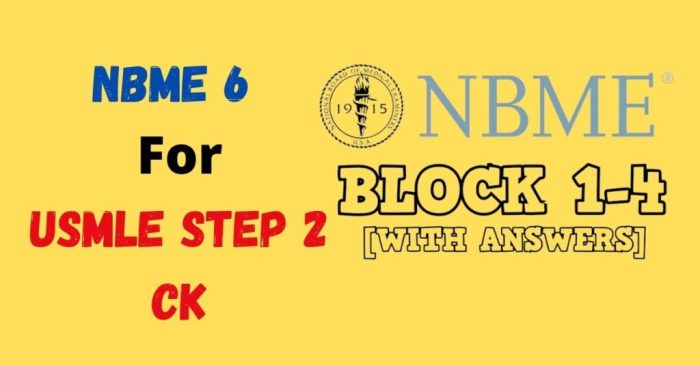
The NBME Psych Form 5 exam employs a range of question types to assess candidates’ knowledge and skills in psychiatry.
Each question type has its strengths and weaknesses, and it is important to be familiar with them to develop effective test-taking strategies.
Question Types
The NBME Psych Form 5 exam includes the following question types:
- Multiple Choice Single Answer (MCSA):Presents a question with multiple answer choices, only one of which is correct.
- Multiple Choice Multiple Answer (MCMA):Similar to MCSA, but allows for the selection of multiple correct answers.
- True/False:Requires candidates to determine whether a statement is true or false.
- Short Answer:Asks candidates to provide a brief written response to a question or prompt.
- Case-Based:Presents a clinical scenario and asks candidates to answer questions related to the case.
Performance Analysis: Nbme Psych Form 5 Answers
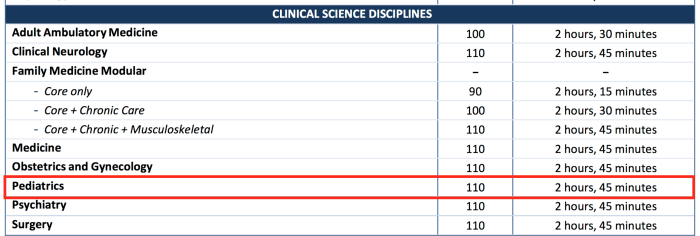
The NBME Psych Form 5 exam is a challenging assessment that requires thorough preparation and a deep understanding of psychiatric concepts. Several factors can influence performance on this exam, including knowledge base, test-taking strategies, and emotional regulation.
Common Areas of Struggle
Students often struggle with certain topics on the NBME Psych Form 5 exam, such as:
- Neuroanatomy and neurophysiology
- Psychopharmacology
- Psychotherapy techniques
- Differential diagnosis
To improve in these areas, students should focus on reviewing the relevant material, practicing case-based questions, and seeking feedback from instructors or peers.
Importance of Practice and Feedback, Nbme psych form 5 answers
Practice and feedback are crucial for success on the NBME Psych Form 5 exam. Regular practice helps students become familiar with the exam format and question types. Feedback from practice tests or simulated exams allows students to identify areas for improvement and adjust their study strategies accordingly.
Helpful Answers
What is the purpose of the NBME Psych Form 5 exam?
The NBME Psych Form 5 exam assesses medical students’ knowledge and skills in psychiatry and behavioral sciences.
How many questions are on the NBME Psych Form 5 exam?
The NBME Psych Form 5 exam consists of 120 multiple-choice questions.
What is the passing score for the NBME Psych Form 5 exam?
The passing score for the NBME Psych Form 5 exam varies depending on the medical school’s requirements.